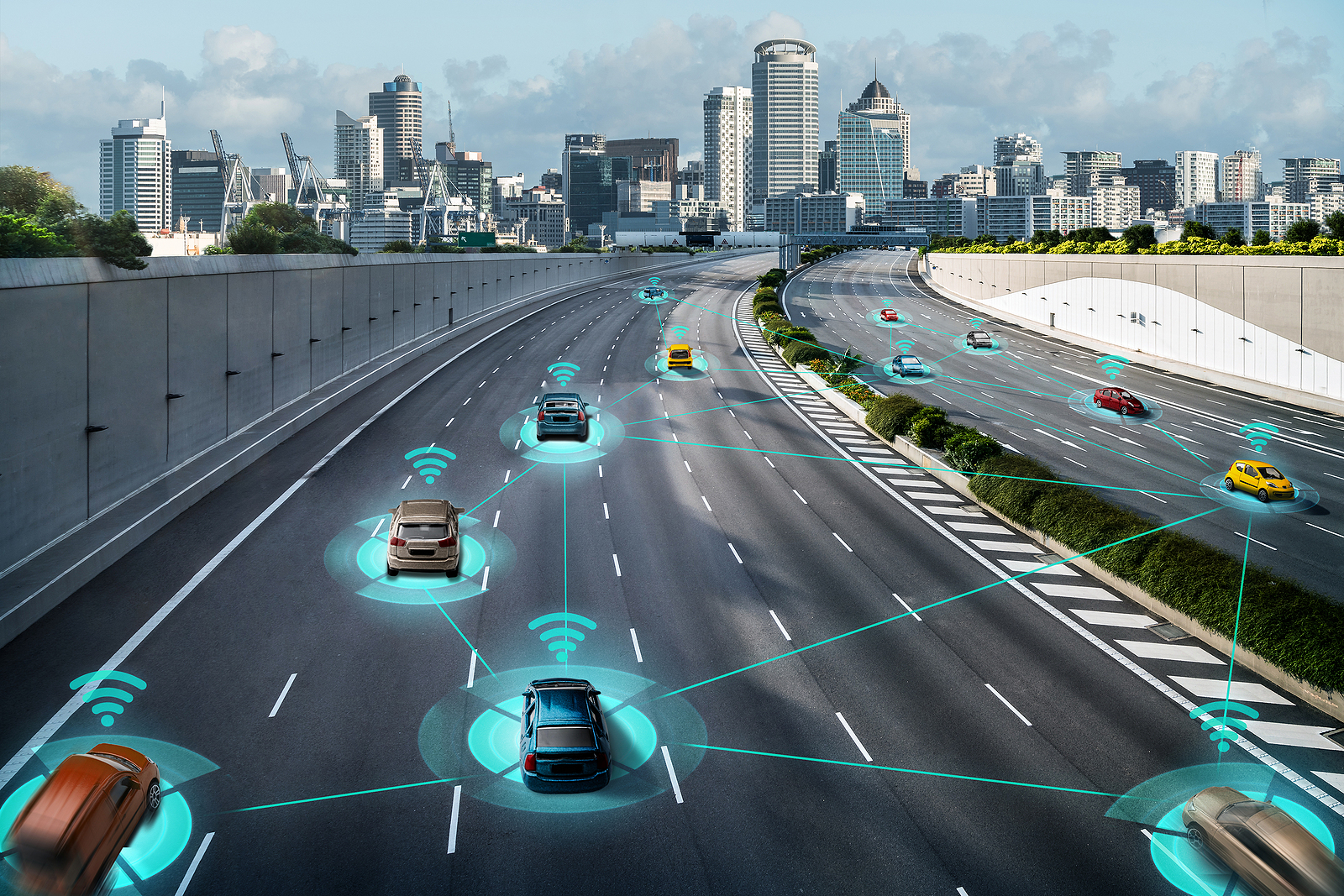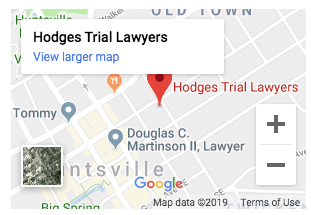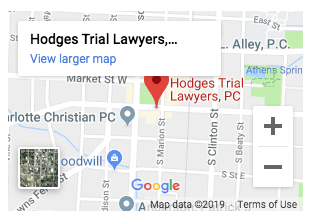Electric vehicles have become increasingly common on the roads in recent years, boasting environmental benefits, money-saving features, and bragging rights. One thing to consider with new technology in vehicles is how it will affect accidents. Car accidents are inevitable—even with the most up-to-date safety features, human error is always a factor. Drivers and legislators must consider how new technology can make crashes more dangerous or complicated, as they often are with EVs.
Have you been injured in a crash with an electric vehicle? If so, it’s time to talk to the team at Hodges Trial Lawyers. Set up a time to talk about your accident in greater detail by calling us at 256-826-4129.
EV Components and Safety in a Crash
Electric vehicles differ from conventional vehicles in several different ways. One of the most important differences is their high-voltage electrical systems and their lithium-ion batteries. Both features can influence crashes.
High-voltage lithium-ion batteries store an enormous amount of energy. When an accident occurs, there’s a possibility that these batteries will cause fires or electrical shocks. Although EVs are equipped with battery cooling systems, those too can become damaged in a serious collision. This could turn a relatively minor crash into a catastrophic or fatal one. The electric drive system found in EVs manages power distribution. When this component is damaged, drivers may struggle to control the vehicle—on top of that, important safety features could be damaged or disabled entirely.
How Electric Vehicles Can Cause Collisions
Electric vehicles may cause crashes in a number of different ways. In many cases, the same features that make them desirable to car owners also make them a hazard on the road. Consider an EV’s silent operation. This makes driving much more enjoyable and makes it easier for drivers to listen to what’s going on outside. However, this feature can also be dangerous—if pedestrians and cyclists are used to the whining and whirring of traditional vehicles, they may not even know an EV is in their vicinity. As a result, they may cross or turn when it isn’t safe to do so.
Regenerative braking is a feature that allows EVs to recover energy while they slow down. This is a popular and convenient feature, but it does take time to get used to. If drivers hit the road right away after getting an EV, the feel of regenerative braking could startle them and lead to preventable collisions.
It’s also important to consider the rapid acceleration that many electric vehicles boast. This is obviously a huge benefit for drivers, but it also requires an adjustment period for most. Drivers used to the gradual acceleration of traditional fuel vehicles could speed up too quickly in an EV and wreck.
Fire Risks
One of the biggest dangers of electric vehicles is the fire risk. Lithium-ion batteries can catch fire when damaged. Severe collisions can leave the battery crushed or punctured, which can lead to thermal runaway. This is an uncontrollable heating of the battery that is nearly impossible to stop once it’s started. One factor that’s especially scary is that fires in EV crashes don’t always ignite immediately. Even after the crash is done and you think you’re safe, a fire is still possible.
First Responder Training
Another potential danger with EV crashes is the fact that first responders may not have extensive training in how to handle EV collisions. The unique dangers of these accidents require special attention, and the types of injuries an EV accident can cause may require different types of medical care. While first responders do receive extensive training, it may take time for them to get enough training to respond to EV accidents safely. Much depends on the location of a collision and the funding available in that county.
Get the Help You Deserve with Hodges Trial Lawyers
Have you been hurt in a crash with an electric vehicle? You could be entitled to compensation for your medical expenses, lost wages, and other losses. Find out now by talking to our team—just call us at 256-826-4129 or fill out our contact form to set up a consultation.



